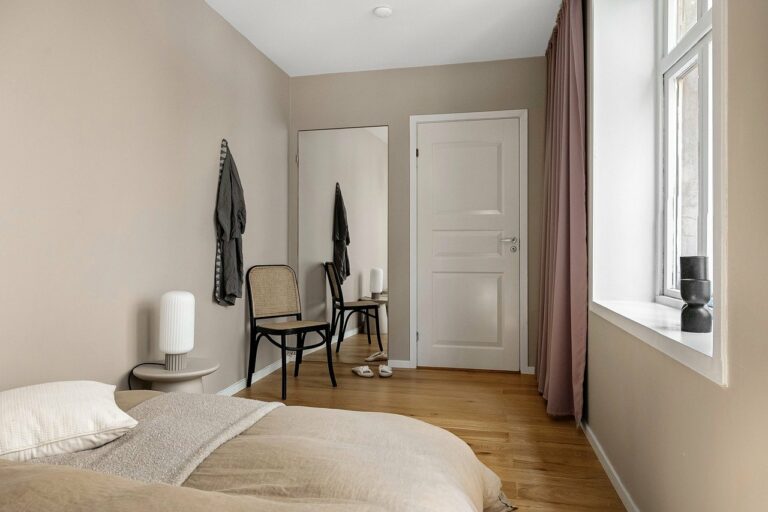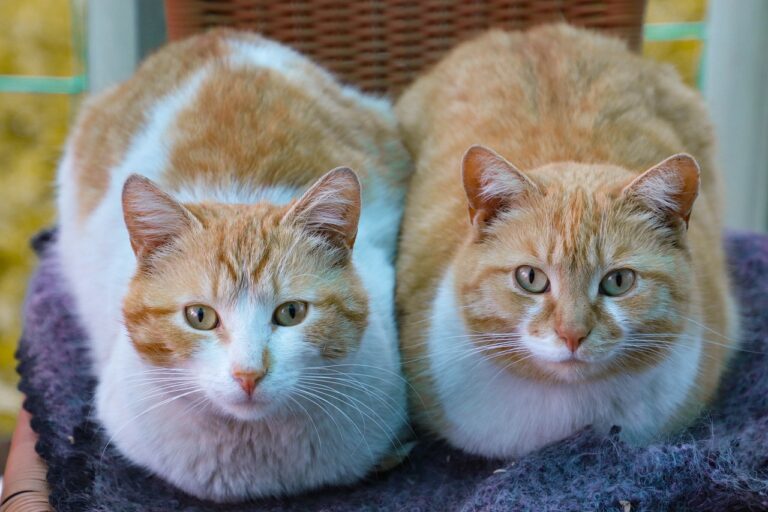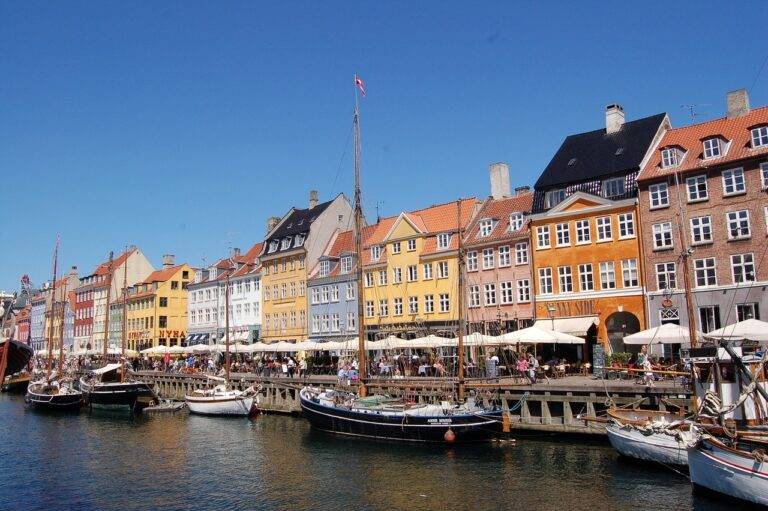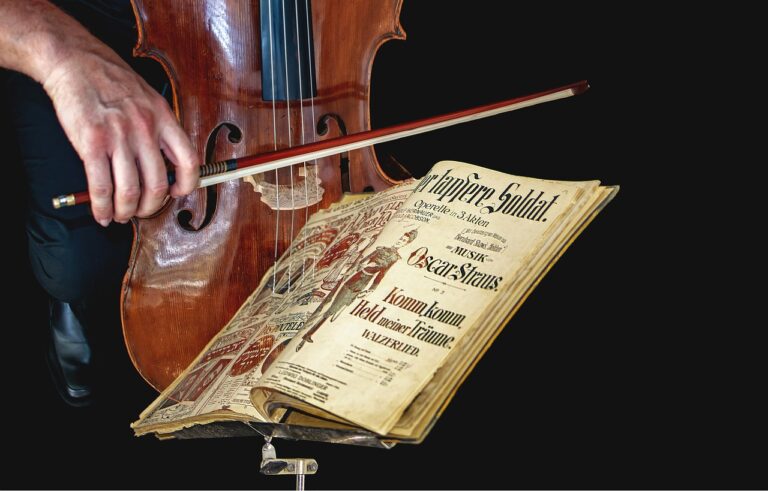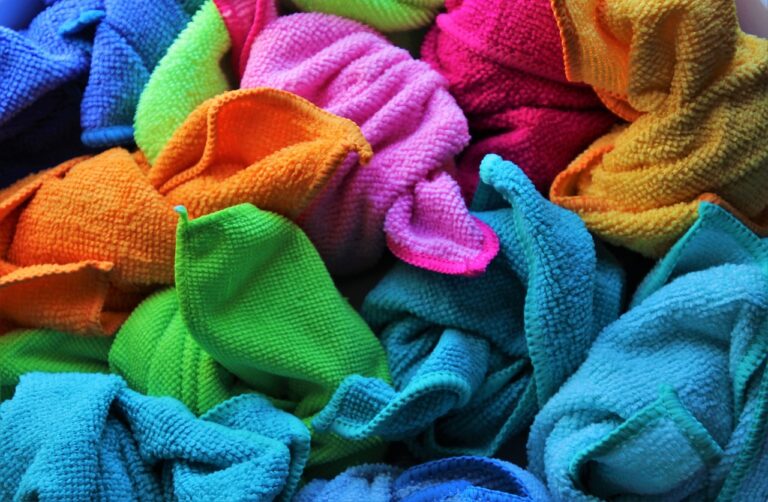The Economics of Water Conservation in Home Improvement
Water conservation in home improvement projects not only benefits the environment but also yields significant economic advantages for homeowners. By incorporating water-saving fixtures and appliances in their homes, individuals can reduce both their water bills and overall utility costs. Additionally, implementing cost-effective strategies like fixing leaks and insulating pipes can lead to savings in the long run.
Furthermore, investing in water conservation measures can increase the value of a property. As water becomes a more valuable resource, homes equipped with efficient fixtures and systems are likely to attract more buyers and command higher prices in the real estate market. Overall, the economic benefits of water conservation in home improvement are undeniable, offering both short-term savings and long-term returns for homeowners.
Water Saving Fixtures and Appliances for the Home
When it comes to upgrading your home to be more water-efficient, investing in water-saving fixtures and appliances can make a significant difference. For instance, swapping out old toilets with low-flow models can conserve liters of water with every flush. Similarly, installing aerators on faucets can reduce water usage while maintaining water pressure for daily tasks like washing hands or dishes.
Additionally, energy-efficient dishwashers and washing machines not only save water but also help cut down on energy consumption, ultimately lowering utility bills. Moreover, considering a water-efficient showerhead can minimize water waste during showers without compromising on comfort. These simple changes in fixtures and appliances can lead to long-term savings for homeowners while contributing to environmental conservation efforts.
Cost-Effective Water Conservation Strategies for Homeowners
Water conservation is a critical aspect of sustainable living, and homeowners play a pivotal role in preserving this valuable resource. Implementing simple yet effective strategies within your home can lead to significant water savings and reduced utility bills. One cost-effective approach is to fix any leaks promptly, as even small drips can waste gallons of water over time. Regularly checking and maintaining plumbing fixtures can prevent water wastage and save you money in the long run.
Another practical way to conserve water is by installing low-flow fixtures and appliances in your home. Upgrading to water-saving showerheads, faucets, and toilets can significantly reduce water usage without compromising performance. Additionally, investing in energy-efficient dishwashers and washing machines not only saves water but also conserves energy, benefiting both the environment and your wallet. By making these simple changes, homeowners can contribute to water conservation efforts while enjoying lower utility costs.
• Fix any leaks promptly to prevent water wastage
• Regularly check and maintain plumbing fixtures
• Install low-flow fixtures and appliances in your home
• Upgrade to water-saving showerheads, faucets, and toilets
• Invest in energy-efficient dishwashers and washing machines
Why is water conservation important for homeowners?
Water conservation is important for homeowners because it not only helps reduce water bills, but also helps protect the environment by conserving a precious natural resource.
What are some cost-effective water saving fixtures for the home?
Some cost-effective water saving fixtures for the home include low-flow showerheads, faucet aerators, and dual-flush toilets.
How can homeowners benefit economically from water conservation in home improvement?
Homeowners can benefit economically from water conservation in home improvement by reducing their water bills and potentially increasing the value of their home through energy-efficient upgrades.
What are some simple water conservation strategies that homeowners can implement?
Some simple water conservation strategies that homeowners can implement include fixing leaky faucets, using a dishwasher only when it is full, and watering the lawn in the early morning or late evening to reduce evaporation.
Are there any rebates or incentives available for homeowners who implement water conservation measures?
Yes, many local and state governments offer rebates or incentives for homeowners who implement water conservation measures, such as installing rain barrels or upgrading to water-efficient appliances.



